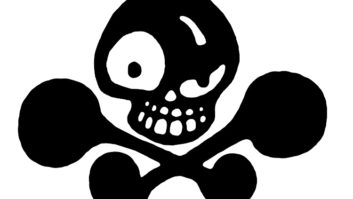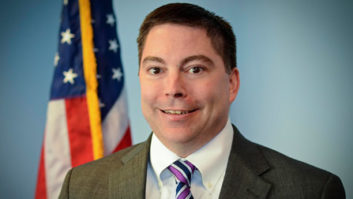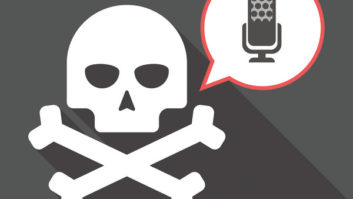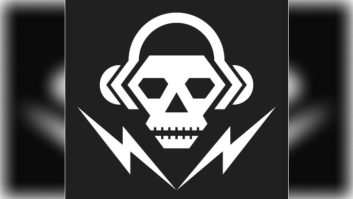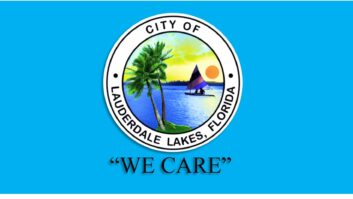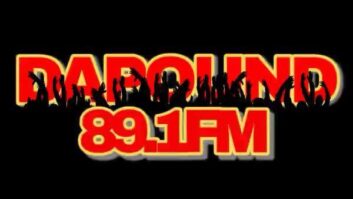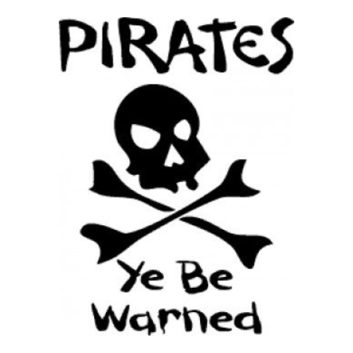 Catching and prosecuting illegal radio operators may become easier now that the PIRATE Act is law.
Catching and prosecuting illegal radio operators may become easier now that the PIRATE Act is law.
Having finally passed both houses of Congress, the bill was forwarded to President Trump in mid-January; he signed it Friday, thereby giving the Federal Communications Commission broader authority to deter and fight pirate operations.
Chairman Ajit Pai issued a statement Monday morning: “Pirate radio is unlawful, period. These transmissions can interfere with licensed radio signals — including broadcasters’ sharing of vital public safety information with their communities.” He said the commission has made a concerted effort in recent years to step up enforcement. “I’m very proud of this work — led by our Enforcement Bureau and its outstanding field staff.” In addition to thanking President Trump, Pai also noted the bipartisan nature of the legislative effort, and said, “The FCC will continue to be an aggressive cop on the beat, cracking down on illegal broadcasting.”
Broadcasters have long wanted the federal government to take more muscular action against such operators, and FCC Commissioner Michael O’Rielly has been an ardent supporter of stronger enforcement in recent years.
Reps. Paul Tonko (D-N.Y.) and Gus Bilirakis (R-FL) reintroduced the bill early in 2019 after it failed to be voted on in a previous legislative session.
The teeth of the PIRATE Act is in the details. The act gives the commission the authority to levy fines of up to $100,000 per violation and $2 million in total. The act also streamlines the enforcement process; requires the FCC to conduct mandatory pirate radio enforcement sweeps in cities with the highest concentration of pirate radio use; and seeks to ensure more coordination among federal, state and local law enforcement.
[Background: “O’Rielly Tells MBA ‘We Are Playing a Long Game’ Against Pirates]
Other provisions include creation of a yearly report by the FCC summarizing the implementation of the legislation and related enforcement activities; and giving the FCC the authority to skip the step known as a Notice of Unlicensed Operation and go straight to issuing a Notice of Apparent Liability.
The legislation also will lead to creation of a publicly accessible online database that lists all U.S. stations as well as all entities that have received notice that they are operating a broadcast radio station without authority.
“[This act] has been an NAB legislative priority for many years,” said Dennis Wharton, executive vice president of communications for the National Association of Broadcasters, when news broke about the signing of the act into law. “Pirate operators interfere with licensed, legal radio stations. On a number of occasions, the FCC has found that pirate radio operators interfered with communications between airline pilots and air traffic controllers, creating a public safety hazard.”
Details are still forthcoming on when various aspects of the law will be implemented.
[From March 2019: “Justice Department Steps in to Stop Alleged Pirate Operation”]
In late 2019, Commissioner O’Rielly told a state broadcast association audience that the PIRATE Acts fines are meant not only to punish offenders, but to make sure these cases get on the radar of the Department of Justice. He also said the pending list of licensed radio operators could be used by citizens and advertisers to distinguish between legitimate stations and savvy pirates.
